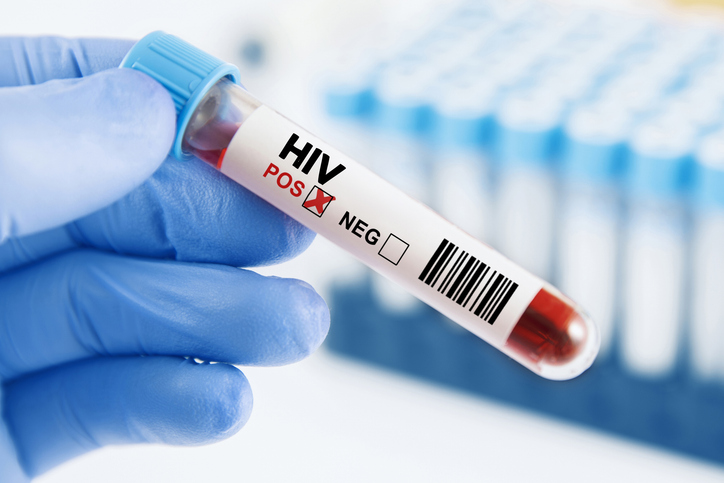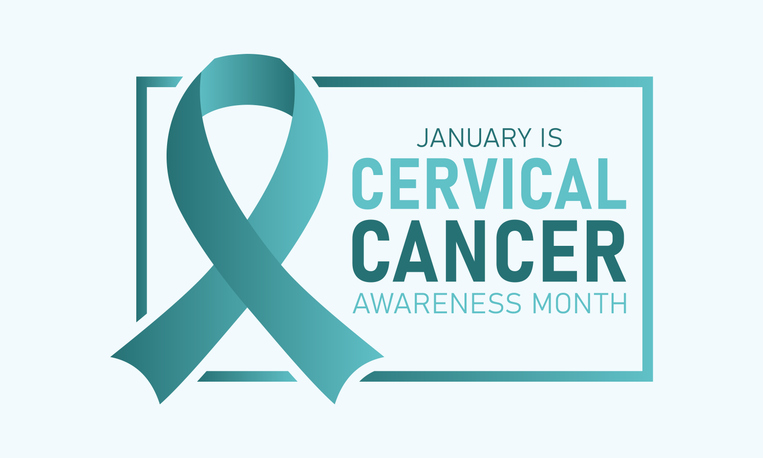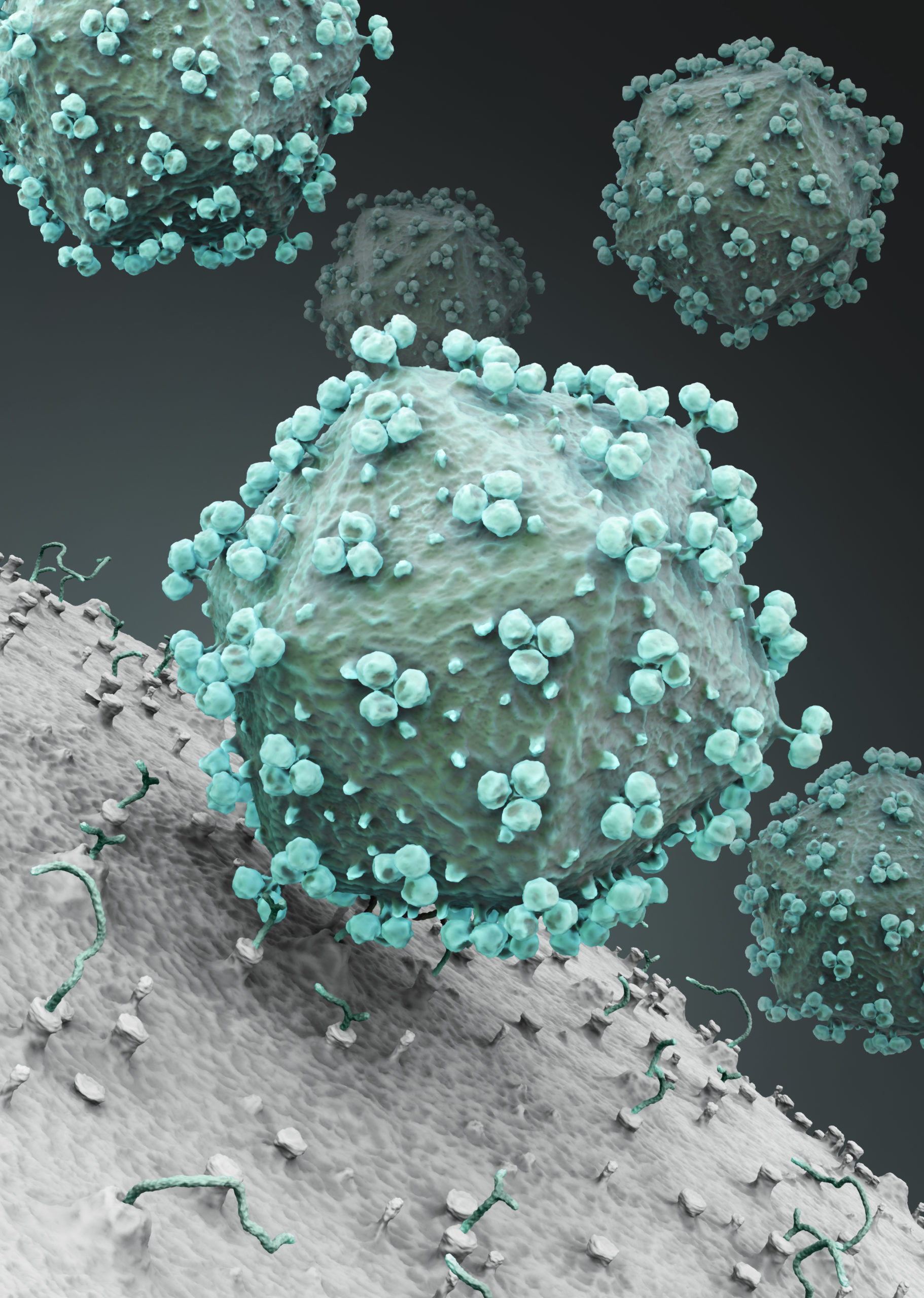
An experimental drug originally developed to treat cancer shows potential in clearing HIV from infected cells in the brain, according to a new study conducted by Tulane University and published in the journal Brain.
Antiretroviral therapy (ART) is an essential component of successful HIV treatment; however, ART does not completely eradicate HIV. The virus persists in “viral reservoirs” in the brain, liver, and lymph nodes, remaining out of reach of ART. The brain, in particular, has been a challenging area for treatment due to the blood-brain barrier—a protective membrane that shields it from harmful substances but also blocks treatments. Moreover, cells in the brain known as macrophages are extremely long-lived, making them difficult to eradicate once they become infected.
Infection of macrophages is thought to contribute to neurocognitive dysfunction, which is experienced by nearly half of those living with HIV. Eradicating the virus from the brain is critical for comprehensive HIV treatment and could significantly improve the quality of life for those with HIV-related neurocognitive problems.
In this study, which took place at the Tulane National Primate Research Center, researchers assessed groups to model human HIV infection and treatment: an untreated control group and 2 groups treated with either a low or high dose of a small-molecule inhibitor for 30 days. Results showed that the high-dose treatment led to a notable reduction in cells expressing HIV receptor sites, as well as a 95% to 99% decrease in viral DNA loads in the brain.
Furthermore, the treatment did not significantly impact microglia, the brain’s resident immune cells, which are essential for maintaining a healthy neuroimmune environment. There were also no signs of liver toxicity at the doses tested.
“This research is an important step in tackling brain-related issues caused by HIV, which still affect people even when they are on effective HIV medication,” said lead study author Woong-Ki Kim, PhD, associate director for research at Tulane National Primate Research Center, via a press release. “By specifically targeting the infected cells in the brain, we may be able to clear the virus from these hidden areas, which has been a major challenge in HIV treatment.”







 © 2025 Mashup Media, LLC, a Formedics Property. All Rights Reserved.
© 2025 Mashup Media, LLC, a Formedics Property. All Rights Reserved.